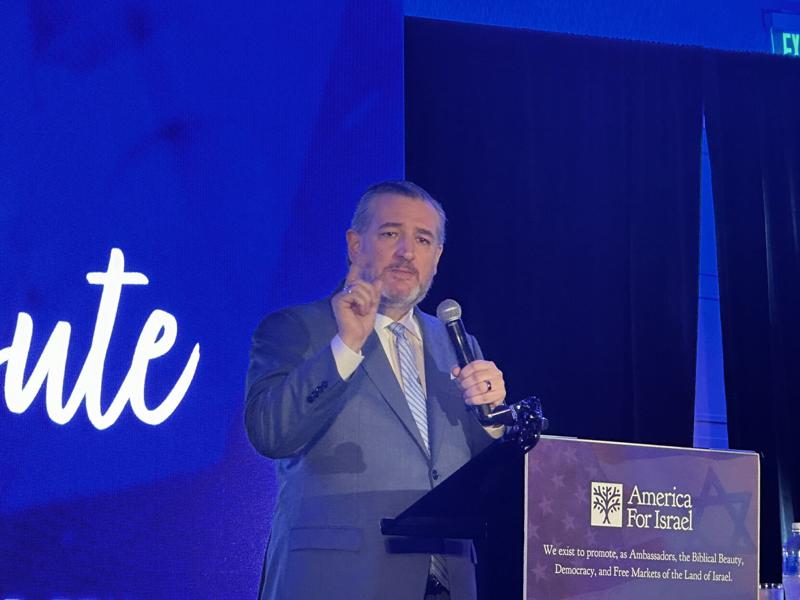U.S. Sen. Ted Cruz, R-Texas, introduced a bill that would authorize the use of taxpayer funds to be used to invest in savings accounts for U.S. children.
Cruz filed the Invest America Act, which would establish “a private tax-advantaged account with a $1,000 seed investment from the federal government for every American child at birth.”
A version of the bill was included in the U.S. House Ways and Means Committee’s budget package released on Monday.
“The Invest America Act will trigger fundamental and transformative changes for the financial security and personal freedoms of American citizens for generations,” Cruz said. “Every child in America will have private investment accounts that will compound over their lives, enhancing the prosperity and economic participation of the vast majority of Americans. When people years from now talk about the changes created by Republican efforts this Congress, this is one of the landmark achievements they will talk about.”
The bill would create an Invest America account and allow contributions to be made by individuals, family members, friends, and businesses of up to $5,000 annually. Account investments would be allowed to be placed in a broad, low-cost fund that tracks the S&P 500. It would be tax-deferred until the child turns 18. Distributions after age 18 would be taxed at the capital gains rate, according to the bill language.
The bill was filed after Cruz introduced multiple bills to advance savings plans for Americans.
Earlier this month, he introduced the Universal Savings Account Act to allow American families to save without the restrictions and penalties associated with traditional tax advantaged accounts, The Center Square reported.
“A simple and accessible incentive savings plan will provide families with a way to establish financial security and prosperity,” he said.
This is after he introduced a bill to expand tax-deferred education savings plans previously expanded under the first Trump administration and another to create Education Savings Accounts for military families, The Center Square reported.
According to a 2024 Forbes survey, roughly 28% of Americans across four generations had less than $1,000 in personal savings last year, “including emergency funds, non-workplace retirement accounts and investments.” As a result, “many Americans are teetering on the edge of financial instability, with little cushion to absorb unexpected expenses,” Forbes wrote.
According to data from the Bureau of Economic Analysis, Americans saved 3.9% of their disposable personal income in March.
Meanwhile, total household debt increased by $93 billion to reach $18.04 trillion in the fourth quarter of last year, according to Federal Reserve data. Aggregate delinquency rates increased; mortgage balances increased by $11 billion to $12.61 trillion by the end of December. Auto loan balances also increased by $11 billion to $1.66 trillion in the fourth quarter; credit card balances also increased by $45 billion from the previous quarter to reach $1.21 trillion at the end of December.
Balances on home equity lines of credit increased by $9 billion, the eleventh consecutive quarterly increase, according to the data; with $396 billion in aggregate outstanding balances.
Other balances, including retail cards and other consumer loans, increased by $8 billion; student loan balances grew by $9 billion, totaling $1.62 trillion at the end of the fourth quarter, according to the data.
According to a Tax Foundation analysis, “Over the long run, the most effective and sustainable way to improve financial security and upward mobility is through policies that lead to greater household saving and wealth accumulation at all levels of income.”
Policies that advance savings would greatly benefit low- and middle-income households, expand personal freedom and financial independence, the foundation argues.







